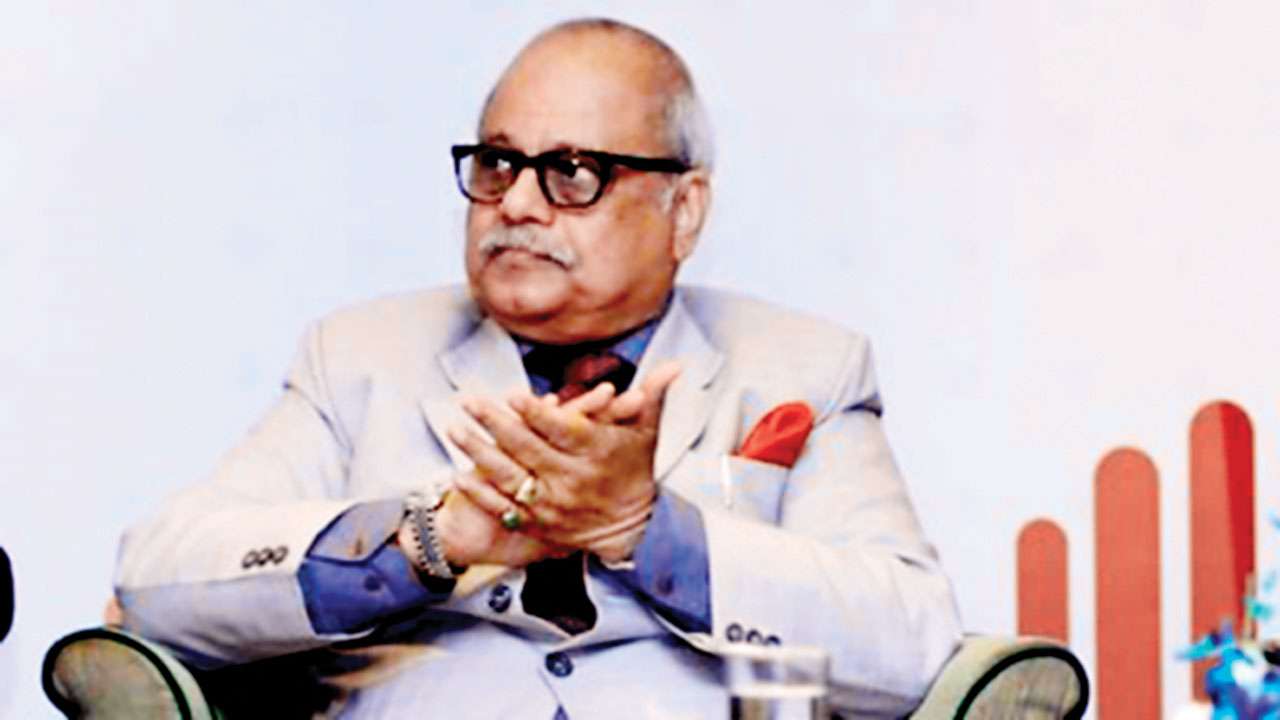
The good news is that the country’s first Lokpal has finally got an office. The Lokpal, his eight-member team and support staff, will operate out of the five-star precincts of government-owned Ashoka Hotel. The choice of this elegant hotel in central Delhi is not surprising, given its proximity to government offices, and the fact that it is a stone’s throw away from the Prime Minister’s residence. But more to the point, it is the timing of the appointment of the new Lokpal, which has come at the end of the Modi government tenure, which is bound to raise a few eyebrows. For instance, what would have have been the likely course of action in a ticklish case like the purchase of Rafale aircraft? It is good chance that someone would have moved the Lokpal, instead of the Supreme Court, as it an anti-corruption authority or body of ombudsman, which represents public interest in India.
The Lokpal has jurisdiction over central government to inquire into allegations of corruption against its public functionaries and for matters connected to corruption. It would be instructive to remember that the Lokpal and Lokayuktas Act was passed in 2013 with amendments in Parliament, following the Jan Lokpal movement led by Anna Hazare in 2011. While there is little doubt that the Lokpal team, which was sworn-in by March 27, four days after the induction of the chairman, will get about working in right earnest, there is frankly going to be little work until the next government comes in. Even though it is early days, there remains little clarity on the kind of cases that will go to the Lokpal and the Central Vigilance Commission, both looking at government corruption and misuse of public office.
But no sooner has a new team been put into place, there are charges that appointments to the Lokpal panel have been less than transparent. Apart from raising questions about the credibility of the chairperson, a former judge, who critics allege, has not delivered "any pathbreaking judgment" in his career, there is also the accusation that too many non-judicial members, who may not be in a position to take action against their fellow government servants, have been included. While a blanket conclusion like that should be avoidable, it does raise question marks over the treatment of the Lokpal as a harmless institution, on the lines of the CVC.
There is also the criticism that non-government sectors have not been included and that the kind of expertise they get on the table, was overlooked. At the time of its constitution, known anti-corruption activists had argued for a wider jurisdiction on maladministration and delivery of services, lest it be turned into another playground for politicians to appoint their favourites to stave off any serious probe into public corruption. Having said that, it goes to the country’s credit that a dream, which was first mooted in 1963, copied from Swedish Ombudsman, has finally seen the light of the day. The idea to expose ‘maladministration’ is finally here.